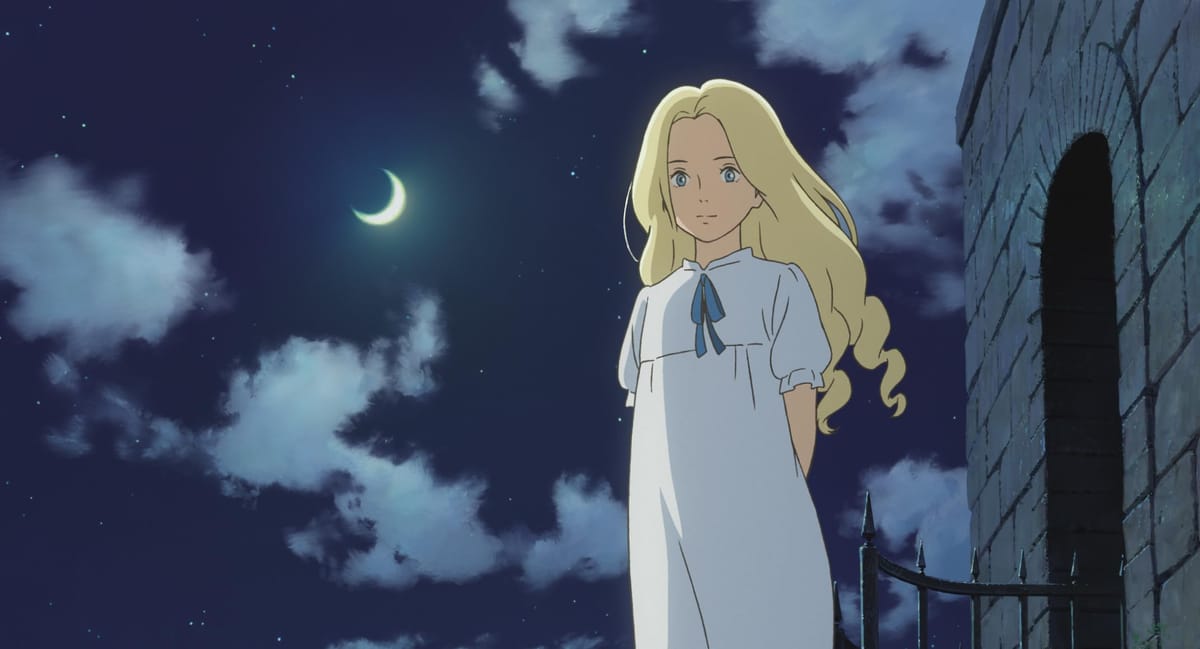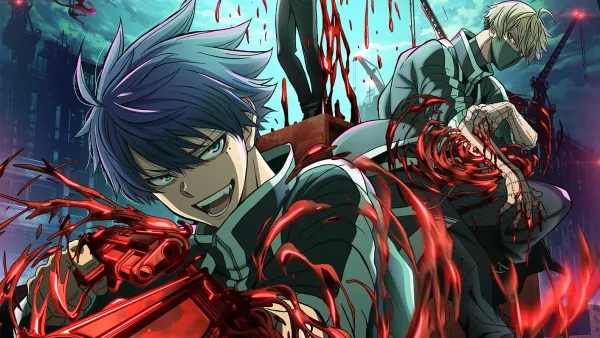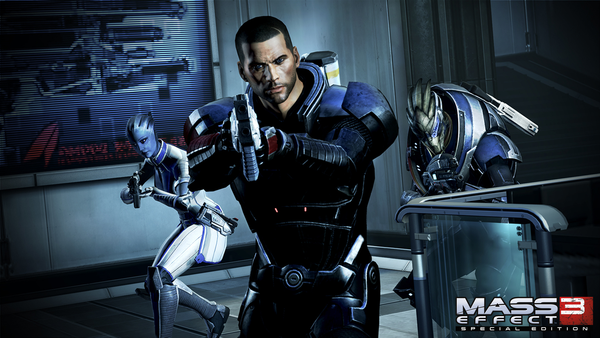Review: When Marnie Was There - The Ghibli Movie That Broke Me
A poignant look at loneliness, loss, and why this Ghibli film feels so personal.

I started a journey to watch every Ghibli film and write about them. I was making solid progress until last October, when, like many others here in Israel and Gaza, my life got turned upside down thanks to the war between Israel and Hamas.
Many months later, I’m back at it, and the movie I chose to watch this time was “When Marnie Was There.”
This movie is about Anna, who feels lonely and hates herself. She is a foster child determined not to let anyone get close. She’s also an artist with an exceptional skill.
All of this is revealed in the first couple of minutes of the movie, so I’m not worried about telling you that without a spoiler alert. But, if you intend to keep reading, I should warn you, dear reader, that the rest of this article will include spoilers as we dive into some serious issues and why this movie made me, a 37-year-old man, cry and feel a heavy lump in my throat.
Still here? Then, let’s dive in.
This Movie Had No Magic But Was Still Epic
Howl’s Moving Castle is an epic movie with magic and has all the elements of a great fantasy story. The same goes for Tales From The Earthsea or My Neighbor Totoro.
When Marnie Was There has none of the magical properties of these movies. There’s no magic and no second world where you go to and rediscover yourself. The "magic" here isn’t in spells or other worlds, but in the way it unravels Anna’s emotions, gently and hauntingly.
There is a summer vacation to a different place where you escape from your current reality, but we didn’t see much of that reality. We are immediately introduced to Anna’s loneliness and sickness and get some more context about Anna’s character from her foster mother, who sends her away to her aunt for some fresh mountain air.
When Marnie Was There Is About Loneliness
Anna lives with her foster mom's family while on vacation, and throughout the movie's beginning, we see her left to her own devices. She only interacts minimally, often through small acts like helping with chores—something I’ve noticed is a quiet, respectful form of connection in many Japanese films.
Anna’s loneliness reminded me of moments where, despite being surrounded by people, I felt completely isolated. I do not doubt that Anna's family loves her, but she can't see it from her vantage point.
Anna discovered that her foster mom was getting paid to care for her by the government. That added another layer to her loneliness; not only does she not have anyone in this world, but she's also unwanted and a burden.
The movie takes us on a journey to help Anna - and us - understand that it's wrong and that we are loved and wanted by introducing her to Marnie.
When Marnie Was There Is About Family
Marnie is presented as a quirky girl who likes the finer things in life. She lives in an old mansion that is only accessible by land when the tide is low. Otherwise, you need to get a boat to access it.
Her friendship with Anna is fierce from the beginning. Anna sees her as the one person who wants to be her friend. That's the whole purpose of breaking loneliness - to show the lonely person that people care about them.
Seeing the reveal about Marnie being Anna’s grandmother shattered me, because it brought up memories of my own grandparents, who I lost too soon. I was 17 when my maternal grandmother died of hospital complications and much younger when both of my grandfathers passed. I barely knew them in person or have any recollection of them.
In 2017, my paternal grandmother passed on at the age of 105. She was the last remnant of my grandparentage. I had the most time with her and I loved her. She was so happy to see us every time we came to visit.
I remember spending Shabbat at her house with my cousin, eating dinner and telling jokes. She and I would spend the weekend at my grandmother's house when she was over 100 years old. Her Philippine helper needed a break from taking care of her over the weekends, so we took it upon ourselves to stay there every couple of weeks.
Seeing the reveal about Marnie broke something in me about all those memories and how it still feels like we didn't spend enough time with her. It's been over six years since my grandmother died. Much like Anna, I wish I could’ve had more time, more memories.
A Journey Through Healing and Understanding
When Marnie Was There is not just an escapism from real life. It's a movie that makes you think. I loved how the film didn’t shy away from showing awkward, uncomfortable moments—like when Anna tries to connect with another girl but ends up lashing out, calling her fat. It’s a raw look at how fear of rejection can lead to self-sabotage.
Anna was almost conditioned to push people away, something I completely understand. When you've been lonely all your life, it's hard to trust in a new friendship even though you crave that human connection with all your being.
I recommend watching When Marnie Was There to everyone who enjoys a good story, but especially if you're a person who is dealing with feelings of loneliness. This movie will see you. It will help you confront those feelings and acknowledge their existence more than anything. That's part of the healing process.
I’d love to hear your thoughts on this film. Did it resonate with you as deeply as it did with me? Drop a comment below, and let’s talk Ghibli.
If you liked this review and want to hear more from me, please subscribe to get these articles in your inbox whenever we release a new one.
Thanks for reading. Watching this film was a reminder that even in our loneliness, there’s a chance to find connection, whether through art, family, or simply sharing a moment with a friend.



